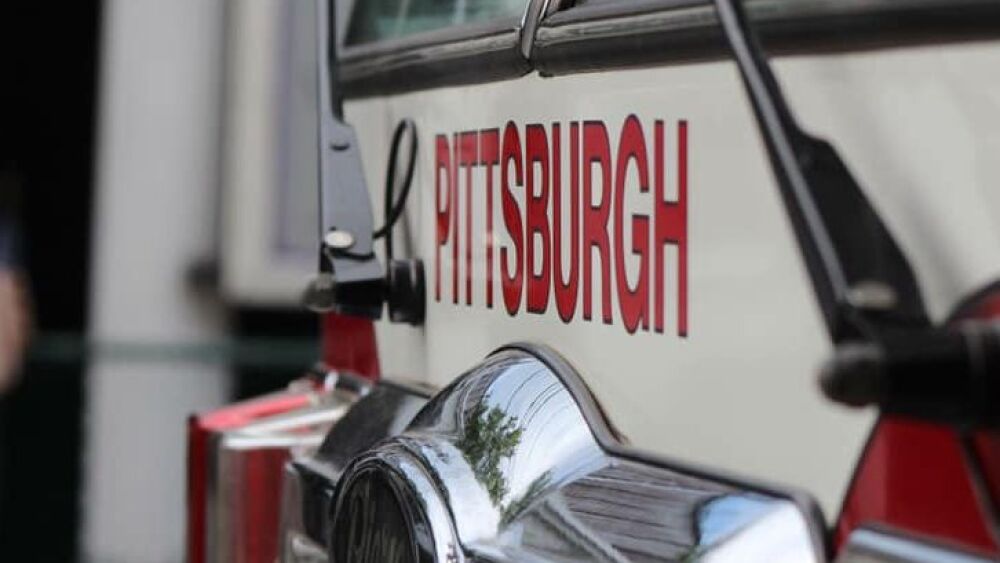Bob Bauder
The Tribune-Review
PITTSBURGH — Pittsburgh’s first responders won’t be notified if they are exposed to a person later testing positive for COVID-19, and officials said the situation poses a potential public health risk.
The problem is federal privacy laws and Pennsylvania’s mounting number of positive COVID-19 cases, officials said. Representatives of the Mayor’s Office and Public Safety Department said they are working to resolve the problem, but have yet to come up with a solution.
“My concern and focus is on the health and wellbeing of all the residents of the City of Pittsburgh,” Public Safety Director Wendell Hissrich said in a statement. “For first responders, this is particularly important now during this emergency scenario. We rely on them to keep the public safe. But if their health and their families’ health is not being protected, it diminishes their ability to protect and serve the community. I share their concerns and hope that we come to a resolution expeditiously.”
Nate Wardle, spokesman for the Pennsylvania Health Department, said the department has moved from containment to mitigation and is no longer tracing cases and reaching out to people who come into contact with an infected person.
“With more than 100 cases in Pennsylvania, contact tracing would involve working to contact thousands of people, and that will only increase,” Wardle said. “It is important for first responders to follow their normal personal protective equipment protocols, something they have all been taught since they first started serving their communities.”
Ralph Sicuro, president of International Association of Firefighters Local 1, said he’s worried that a firefighter could become infected without knowledge and spread the disease to the public and family members.
“What we’re taking about is first responders being exposed to somebody who is a potentially infected patient and (the patient) being tested later and we’re not being notified that that patient tested positive,” he said. “We have to continue to do our job and we’re going to do it to the best of our ability, but my concern is if we don’t do something about this, we are exposing our firefighters who are on the front lines to risk.”
Jeff Tremel, president of Fraternal Association of Professional Paramedics Local 1, said hospitals typically notify Pittsburgh Emergency Medical Services administration or medical staff when a patient tests positive for a contagious disease.
The problem for paramedics, he said, is they might see a patient who days later develops disease symptoms and goes to the hospital on their own.
“I believe that if we take a patient to the hospital, and the hospital tests the patient and they come back positive, the hospital will contact us,” Tremel said.
Stephanie Waite, spokeswoman for Highmark Health, said each Allegheny Health Network facility has infection control staffers who will contact EMS if a patient tests positive for COVID-19 or other infectious disease.
Robert Swartzwelder, president of Fraternal Order of Police Fort Pitt Lodge 1, said officers face exposure to infectious disease every day and have protocols for dealing with it. He said officers are tested if they are exposed and quarantined if they test positive.
Swartzwelder said the coronavirus pandemic is a unique situation.
“I think there’s going to be a lot of lessons learned from this across the board,” he said. “Hopefully those who are in charge are going to make the appropriate decisions.”
———
©2020 The Tribune-Review (Greensburg, Pa.)


